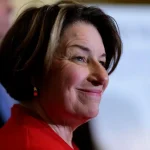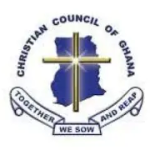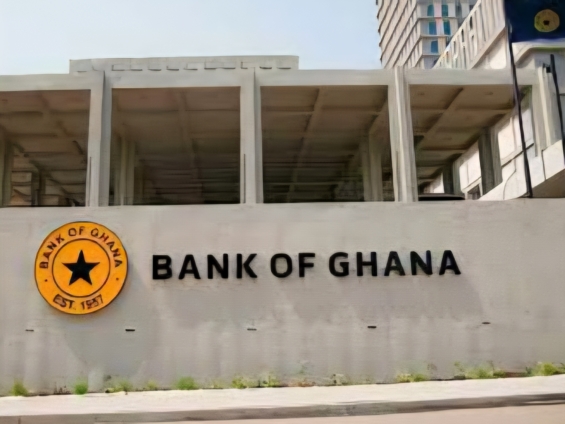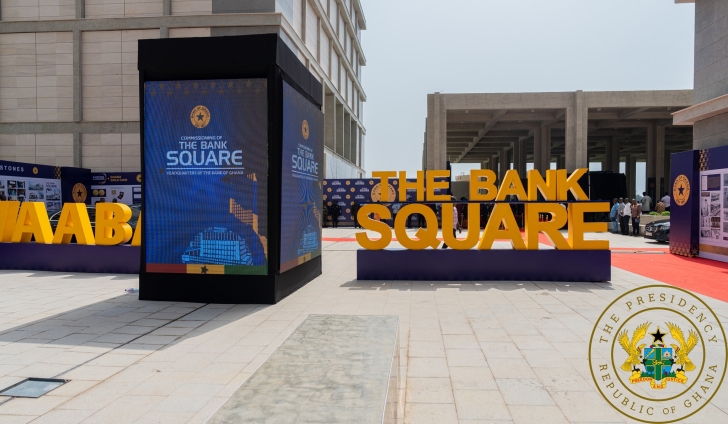Rentiers and landlords will now be expected to pay 8% in tax on the monies they receive for renting out residential and non-residential accommodations and premises.
This was contained in a speech delivered by the Commissioner-General of the Ghana Revenue Authority (GRA), Rev Ammishaddai Owusu-Amoah, at the end of last week.
The Commissioner-General was speaking at the Ghana Financial Intermediation Awards dinner. He indicated that the intention of his outfit is in line with existing laws and will be implemented before the end of the year.
While residential property owners are expected to 8% on the amounts they receive, rentiers of non-residential accommodations and spaces will pay 15% on rent incomes.
According to the GRA’s website, “[t]he tax paid on rent income is referred to as Rent Tax. Rent Tax must be paid within 30 days after the rent income is received”.
“For the good of everyone, we have introduced the rent tax app which has everyone’s data on it, if your name is searched the app will take us directly to your location and then when we get there we will be able to identify whether the property is owner-occupied or rented,” said Rev Owusu-Amoah.
According to him, piloting of the app has already begun in metropolitan areas such as Accra, Tema and Kumasi. Property owners are expected to sign up on the app, providing the details of their properties and consequently file their payments electronically.
Alternatively, property owners could visit any Domestic Tax Revenue Division Office and branches of banks to file their rent taxes.
“Failure to pay your tax on rent income by the due date will attract an interest of 125% of the statutory rate compounded monthly. Remember to make available copies of all receipts of payment of rent tax for inspection by officers of [the GRA],” the country’s chief tax officer warned.
Rents and taxes
This is the second time in the last decade that authorities at the GRA have taken elaborate measures to have the rent tax implemented. In 2013, the GRA attempted to enforce the law which had been in the books for a while, in response to a national outcry against the high cost of residential accommodation in urban areas.
The GRA at the time hoped the tax would force rentiers and landlords to renege on demanding huge rents as well as remind “landlords and landladies to perform their civic duties”.
At the time, there were fears that property owners would increase their demands in order to defray the inconvenience brought to them by the rent tax.
Various proposals to arrest escalating rent costs in urban areas in recent times have either not been enforced by governments or failed in turning out positive results.
In the runup to the general elections of 2020, the New Patriotic Party (NPP) promised the institutionalization of a National Rental Assistance Scheme.
The scheme was expected to make advance rent payments on behalf of working Ghanaians who would then reimburse the scheme.
















